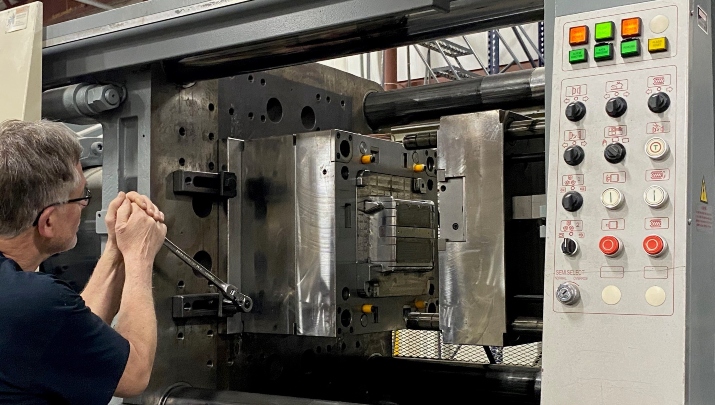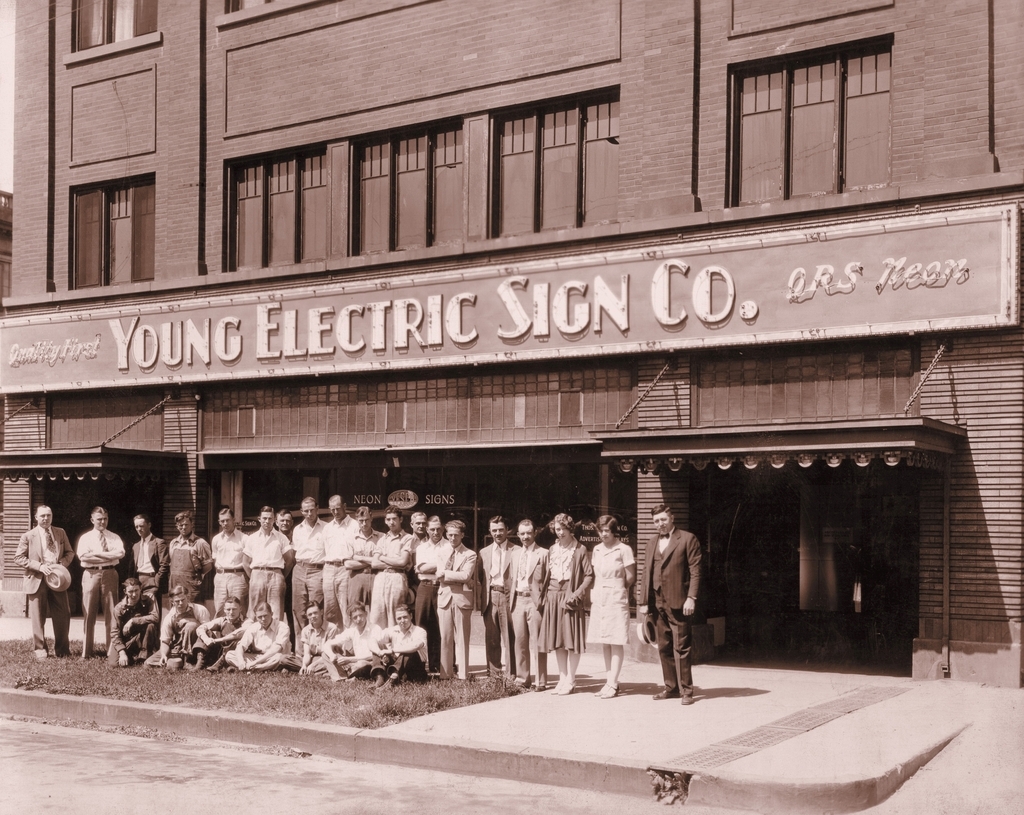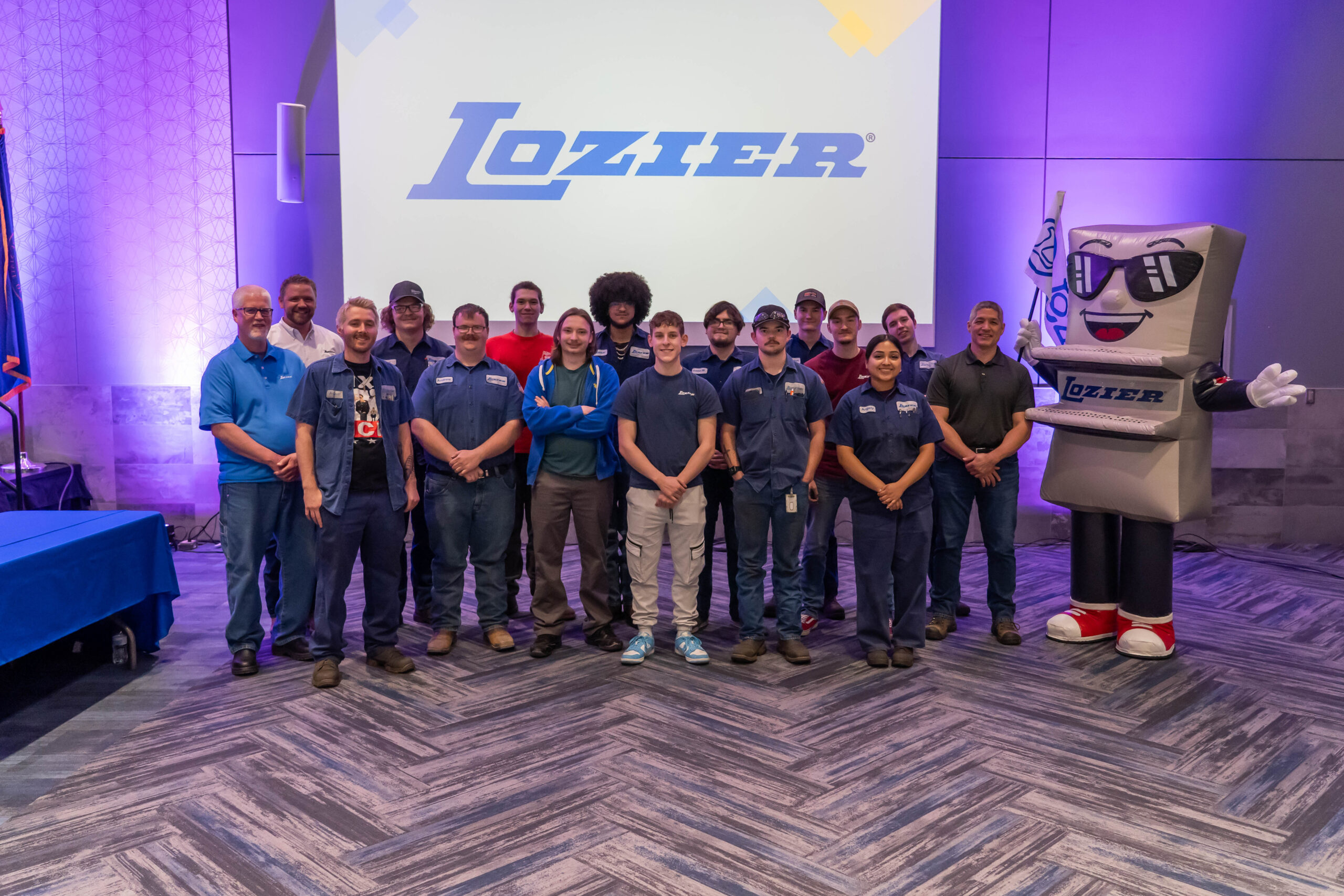

Why You Should Ditch Performance Reviews
- Robert Raynard
- Standish Mangement
If you have ever worked for a large company, chances are good you’ve experienced the painful process of formal reviews. Maybe you’ve even been on a committee charged with evaluating staff and passing judgment on their performance. In my opinion, formal performance reviews are a terrible waste of time. They do more harm than good to morale and they reduce employees to a meaningless number derived from a meaningless formula. At Evergreen companies, employees are the most valuable assets. It doesn’t make sense to treat them with so little respect.
At my company, Standish Management, we have taken a very different approach to measuring performance over the past nine years. Our way reduces the time (and expense) of written evaluations and fosters a culture of collaboration and teamwork.
At the “big four” public accounting firm where I started my career, performance reviews had the patina of a scientific process. Employee evaluations were sent to human resources, where someone who really did not understand your job, and most likely did not know you, ranked you among your peers. Rankings could determine things like who got raises and who got fired. No surprise — they often created adversarial relationships. I remember one year when some HR guy, embracing the GE model, suggested firing all the lowest-ranked employees. It was a toxic environment.
Over the years, the process got even worse — especially if you advanced in the firm. At one point, my bosses and my staff were reviewing me, I was reviewing my bosses and rating my staff on a scale from 1 to 5 on almost every conceivable measure of performance and I was reviewing our clients. Talk about a waste of time.
We have calculated that some firms spend 100 to 200 hours per employee per year crafting these corporate report cards. That is not only a time-consuming process but a very expensive one when you think about the loss of work hours given over to evaluations.
Why do large companies perpetuate the performance review cycle when it wastes time and money, causes unneeded stress and leads to increased employee turnover? Human resources managers will answer, “Because everyone else does it.”
At Standish, we have decided we are not going to replicate a process that we think fails in its most basic goal — to help employees develop professionally. Here’s what we do instead:
Encourage communication.
If you have something to say, say it in real time, candidly and sensitively. Managers are urged to offer feedback to staff throughout the year instead of relying on canned surveys at specific times of the year.
Eliminate rankings.
We hire really good people and retain them for as long as possible. Creating petty distinctions between staff at the same level discourages teamwork. The goal is to identify employees who can’t, or won’t, perform. Don’t waste time evaluating the people who are performing.
Ask open-ended questions.
By asking the broader questions, we are able to get details on the employee that might be missed in a typical written evaluation comprised of specific questions. This, in turn, allows for comprehensive answers to some of the most basic and important questions about whether the employee is a good team player, if they are growing and what they might need in terms of support.
Implement annual employee-led discussions.
This is an idea we borrowed from my daughter’s elementary school, where each student leads a meeting and summarizes their performance over the past year. Think of it as a self-review without all the paperwork, time and anxiety.
It is not a perfect system, but we think it is a significantly better process that saves our company hundreds of thousands of dollars a year in productivity gains.
I am often asked how we identify and manage poorly performing staff at Standish. The simple answer is that our staff members receive feedback from their managers immediately. If the feedback is consistent with other managers’ observations, we document their poor performance and manage it. That can mean having some difficult conversations but ultimately, our staff respects honesty and candor from management. Poor performers can begin looking for new opportunities sooner rather than later, when it becomes clear the fit is not right. In the end, this is better for everyone.
The worst scenario is when managers avoid real conversations for long periods of time and the employee is misled about their performance. There is no reward for kicking the can down the road. By managing the evaluation process in an immediate and thoughtful manner, we have found an efficient solution that has ultimately put an end to the traditionally stressful and wasteful process of formal written evaluations.
Robert Raynard is the CEO of Standish Management.
More Articles and Videos

Fireside Chat with Dave Thrasher, Dan Thrasher, and Dave Whorton
- Dave Thrasher, Dan Thrasher, & Dave Whorton
- Supportworks and Thrasher Group

Get Evergreen insight and wisdom delivered to your inbox every week
By signing up, you understand and agree that we will store, process and manage your personal information according to our Privacy Policy






